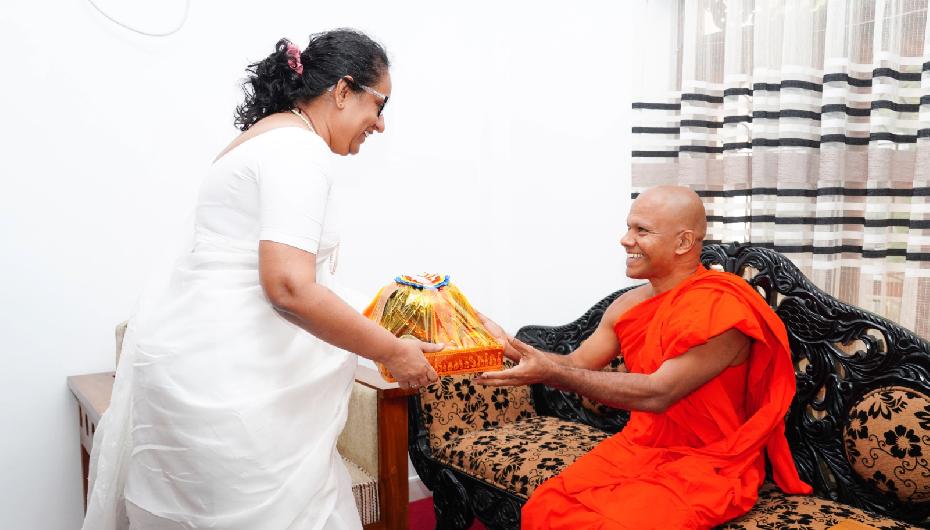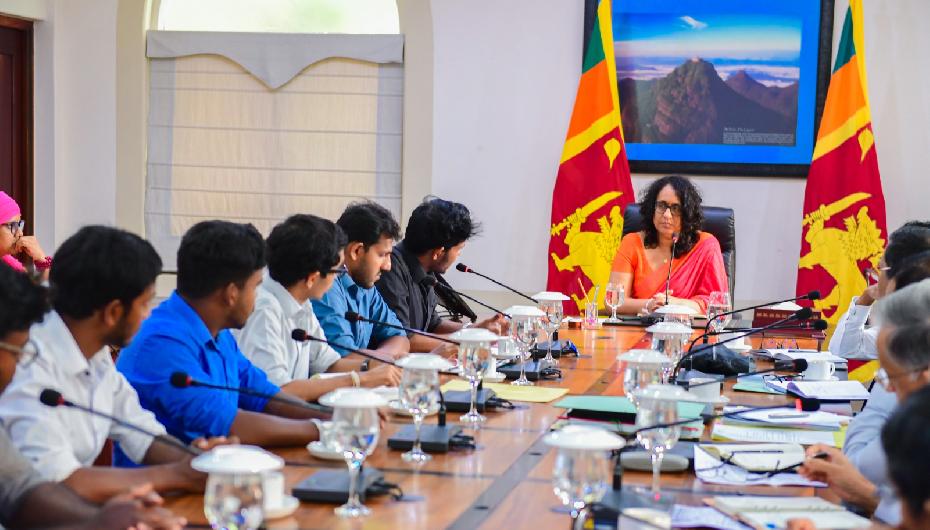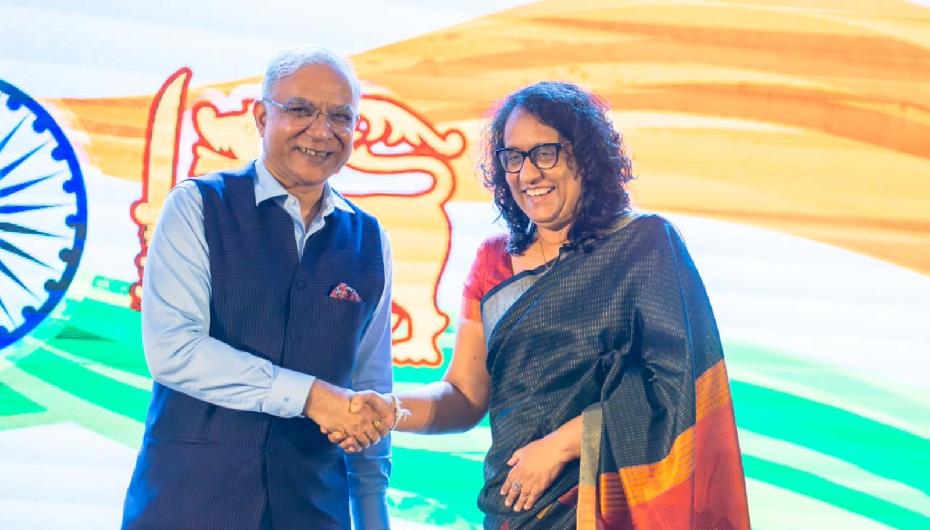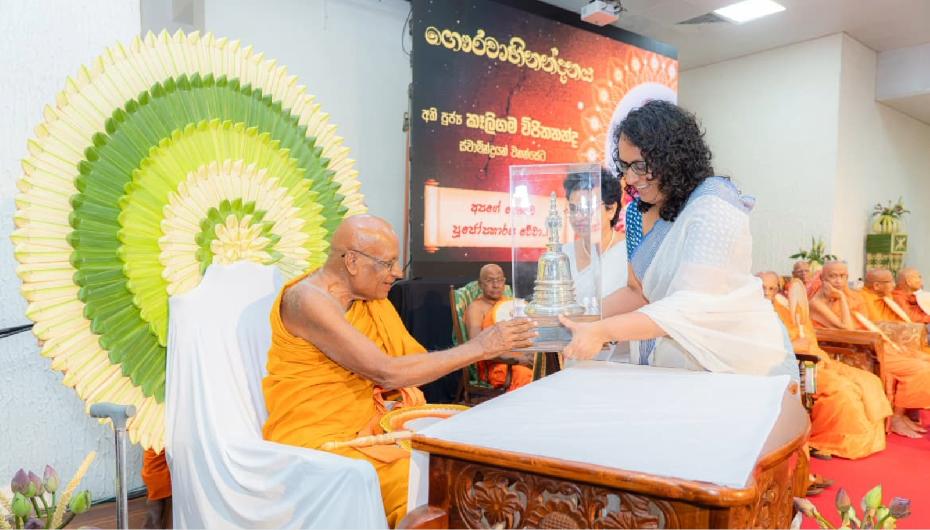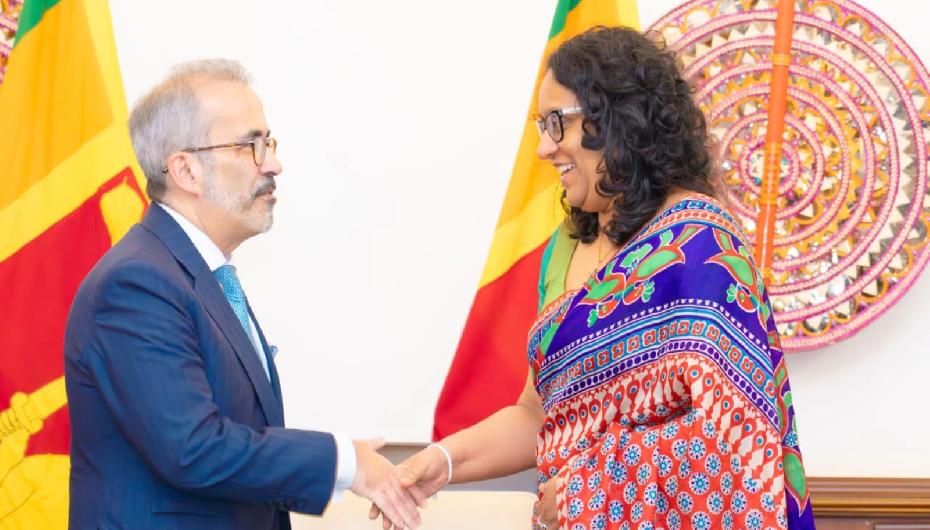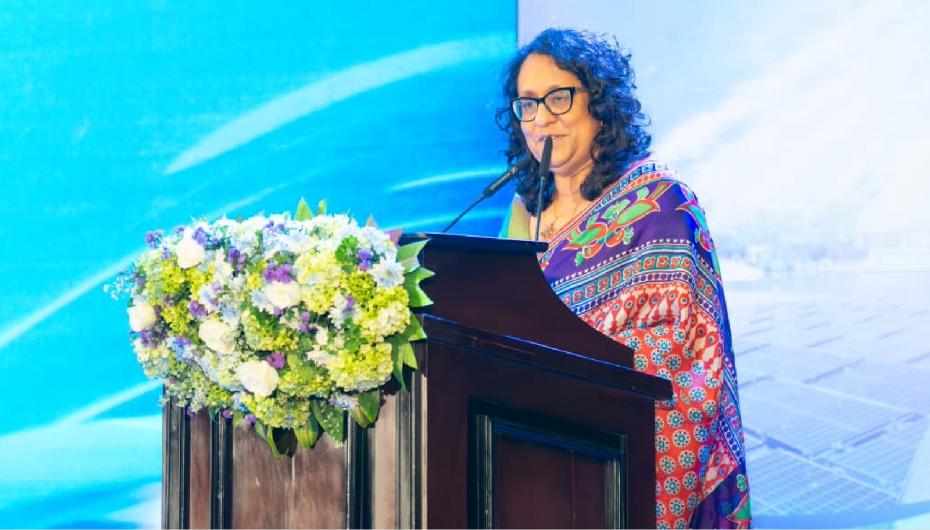Funds have been allocated for the Development of Infrastructure in Provincial Schools - Prime Minister Dr. Harini Amarasuriya
Submit all necessary requests for School Infrastructure Development accordingly
Prime Minister Harini Amarasuriya stated that the necessary financial allocations for the development of infrastructure in provincial schools have been provided to all provinces. She emphasized that these funds must be utilized effectively for school development and requested that relevant authorities submit proposals to address existing shortcomings in school infrastructure.
The Prime Minister made these remarks during a cordial meeting with Muslim women in the Wellawaya area who were celebrating Ramadan, held on 1st of March.
Subsequently, the Prime Minister met with the Chief Sanghanayake of the Uva Wellassa region and the Chief Incumbent of Yudaganawa Rajamaha Viharaya, Venerable Rajakeeya Panditha Most Venerable Galtemwatte Nandarathana Nayaka Thero, and briefed him on the current progress of the new education reforms.
She further stated that, while ensuring due recognition for vocational education, steps are being taken to develop 50 vocational training centers equipped with modern courses, covering all 25 districts of the country. She also noted that new education reforms will be introduced for Grade 6 starting in 2027, and that the printing of new textbooks will be entrusted to the Educational Publications Department of the Ministry of Education.
The occasion was paresented by Uva Province Governor Attorney-at-Law Kapila Jayasekara, Deputy Minister of Trade, Commerce and Food Security R.M. Jayawardhana, Member of Parliament Ruwan Wijewardene, local government representatives, the Buttala Divisional Secretary, the District Secretary, and others were also present at the occasion.
Prime Minister’s Media Division



